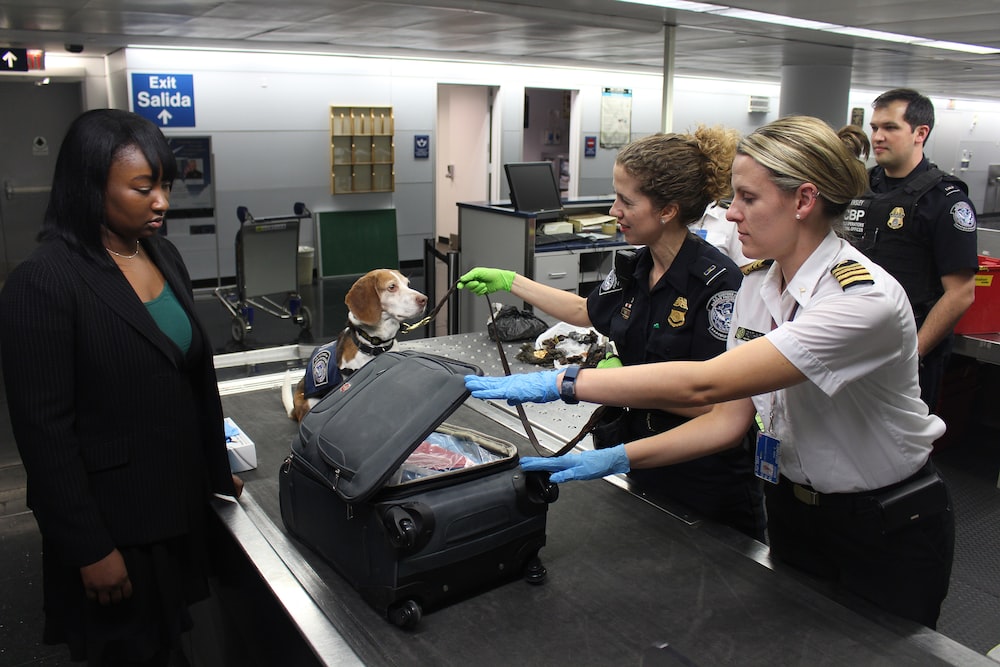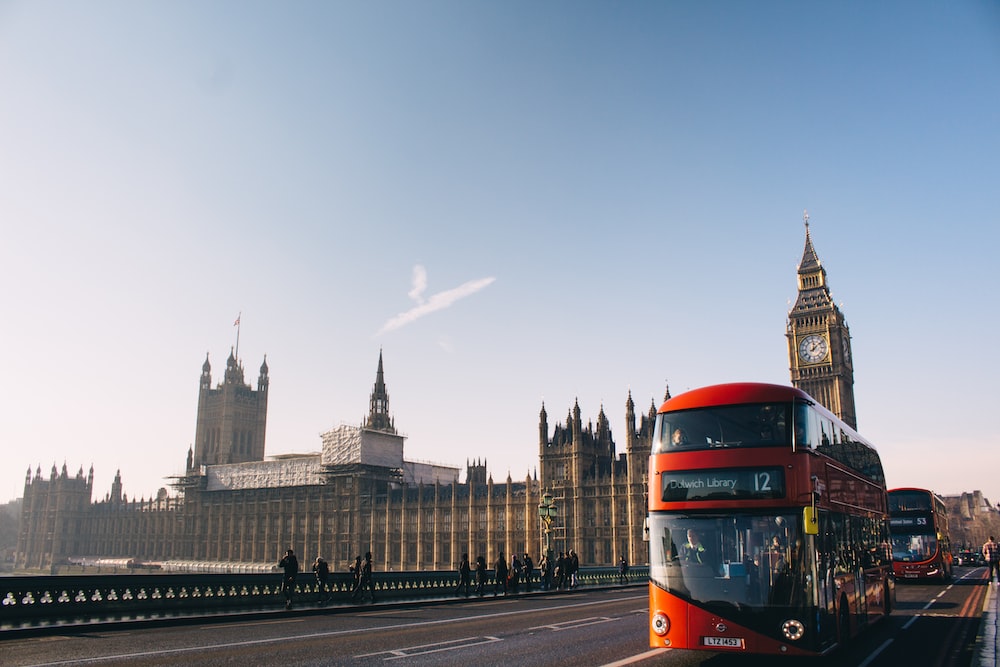Travelling to the United Kingdom can be a rewarding and exciting experience. However, it is important to familiarise yourself with UK customs regulations and procedures before you arrive. Knowing what items are allowed into the country, how much money you can bring in or out of the country, and other customs requirements will help ensure your trip runs smoothly.
Custom Regulations
The UK has strict customs regulations designed to protect the country from illegal items, stop the spread of certain diseases, and prevent the introduction of endangered species. Knowing how these regulations apply to you as a traveller is important, so your visit goes as smoothly as possible.
Money Limits
When entering or leaving the United Kingdom, travellers must declare all cash (including cheques, banker’s drafts, and money orders) that exceeds £10,000 (or equivalent in another currency). This includes any valuables, such as jewellery, artworks or precious metals. In addition, if you are bringing in goods for which duties must be paid (such as alcohol or cigarettes), you must have proof of payment at hand when crossing borders.
Prohibited Items
The UK enforces a strict ban on certain items, such as firearms, ammunition, flammable items and some drugs. Before entering the country, all travellers should be aware of the prohibited items list. Other restricted items include food and agricultural products, which are subject to additional inspection when crossing borders.
Animal Products
There are also restrictions on importing animal products into the United Kingdom. Most animal-derived products (such as ivory, leather or fur) require an official certificate from a government body for them to be imported legally. If you are bringing in any such items, you need to obtain relevant permits before doing so.
Procedures for Foreigners
All foreign nationals must pass through passport control and customs when entering the United Kingdom. You will be asked to declare any goods you bring in, as well as how much money you have. Depending on what country you are coming from, there may also be additional procedures, such as visa or health checks.
Foreign nationals must also adhere to the UK’s immigration laws and regulations. Depending on your nationality and length of stay, you may need a visa to enter the country legally. Visas can be applied online through an official government website or at an embassy or consulate. You should always ensure that your documents are up to date and meet all requirements before entering the UK.
It is important to remember that all foreign nationals have certain rights when entering the UK. These include accessing legal advice, travelling freely within the country and receiving basic healthcare if necessary.
Finally, if you intend to stay in the UK for six months or more, you must register with the police upon arrival. This is a requirement for all foreign nationals staying in the country; failure to do so can result in fines or deportation.
Final Thoughts
It is important to understand UK customs regulations before entering the country. Knowing what items are prohibited or restricted and how much money you can bring in and out of the country will help make your trip go smoothly. Additionally, understanding what procedures must be followed upon arrival into the United Kingdom will ensure a smooth entry process.











